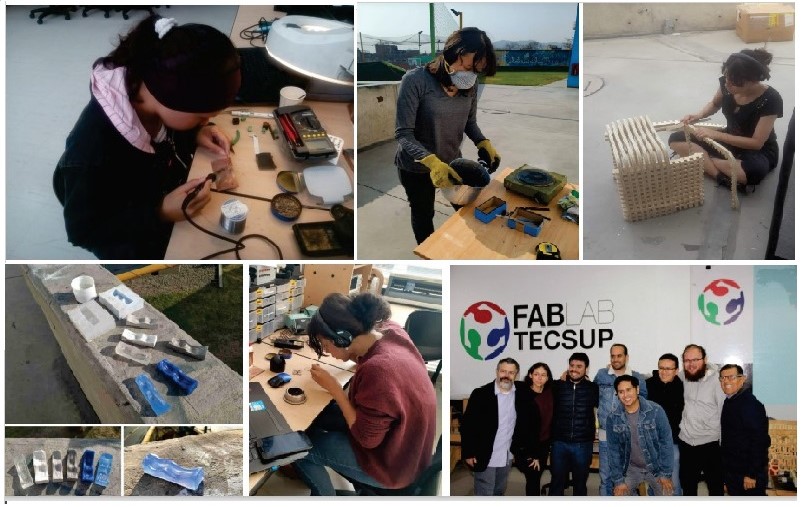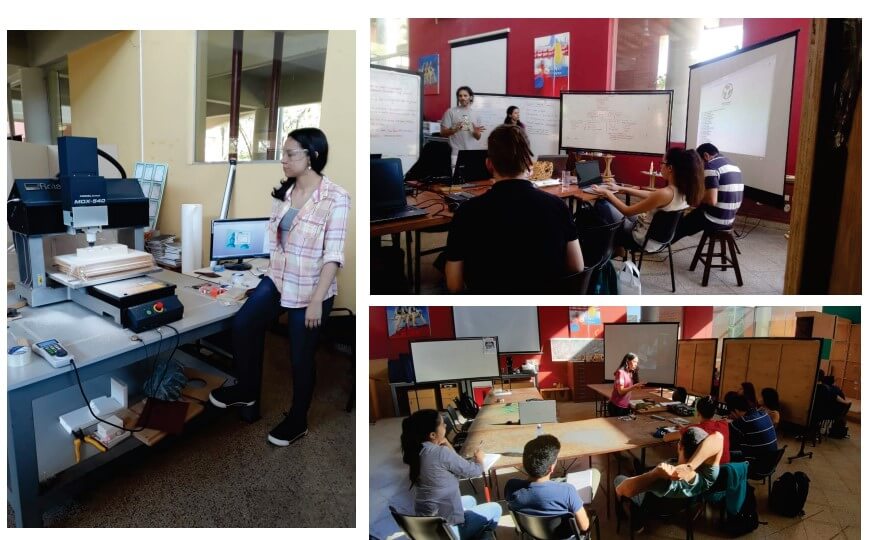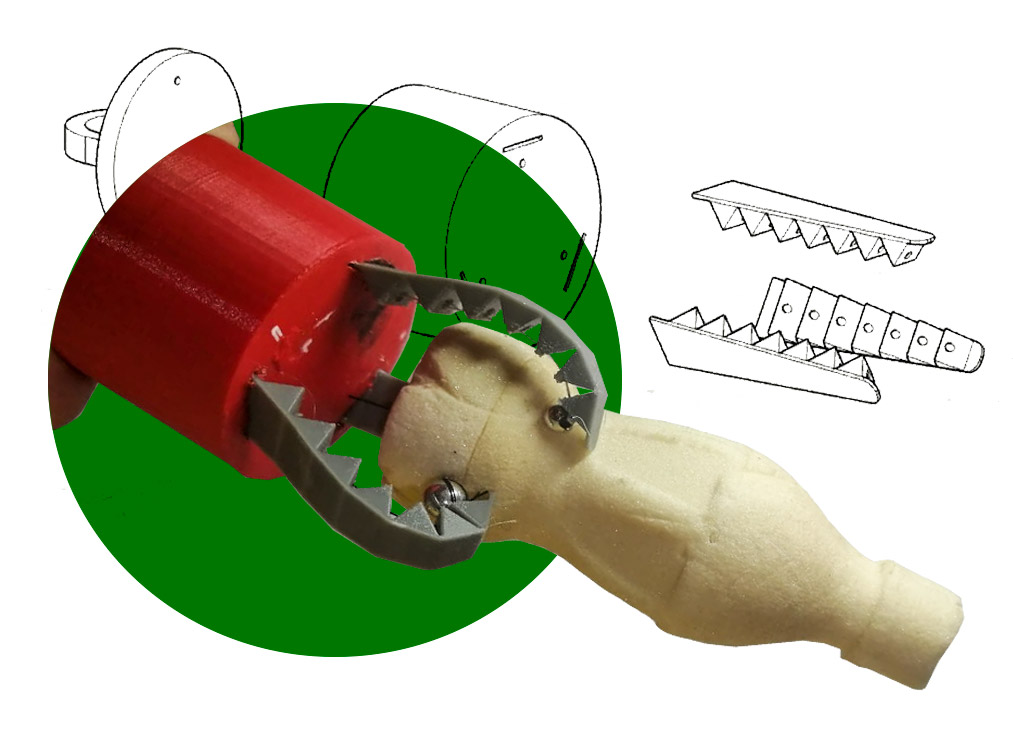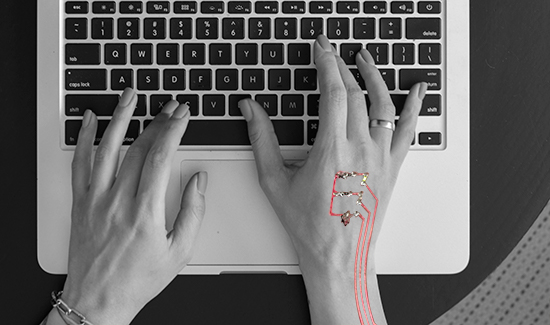I have a diploma in Industrial Design with a specialization in Graphic Design from the National University of Asuncion. I’m a Fab Academy Instructor at the Fab Lab Universitario CIDi. I started working at the Fab Lab in 2018, and in 2019, I was awarded a scholarship to attend the Fab Academy Program at Lima, Peru, because there was no official node in my country to offer the program.

Since I came back from Peru, I have been dedicating my efforts to strengthening the infrastructure of the laboratory to achieve international certification, plus I have been providing training to university students about digital fabrication technologies.



I was awarded with the Bit Ninja scholarship 2022, in memory of Fabricademy Co-founder and keystone of the Fab Lab Network Fiore Basile. I am most grateful for the belief and support of the Textile Academy and I hope this is the first step opening the path to be a node that, in the future, can host this prestigious course,as we already do with Fab Academy.
Fab Lab Universitario CIDi
Campus UNA
San Lorenzo, Paraguay
Keeping track of my documentation for each week of Fabricademy 2022



